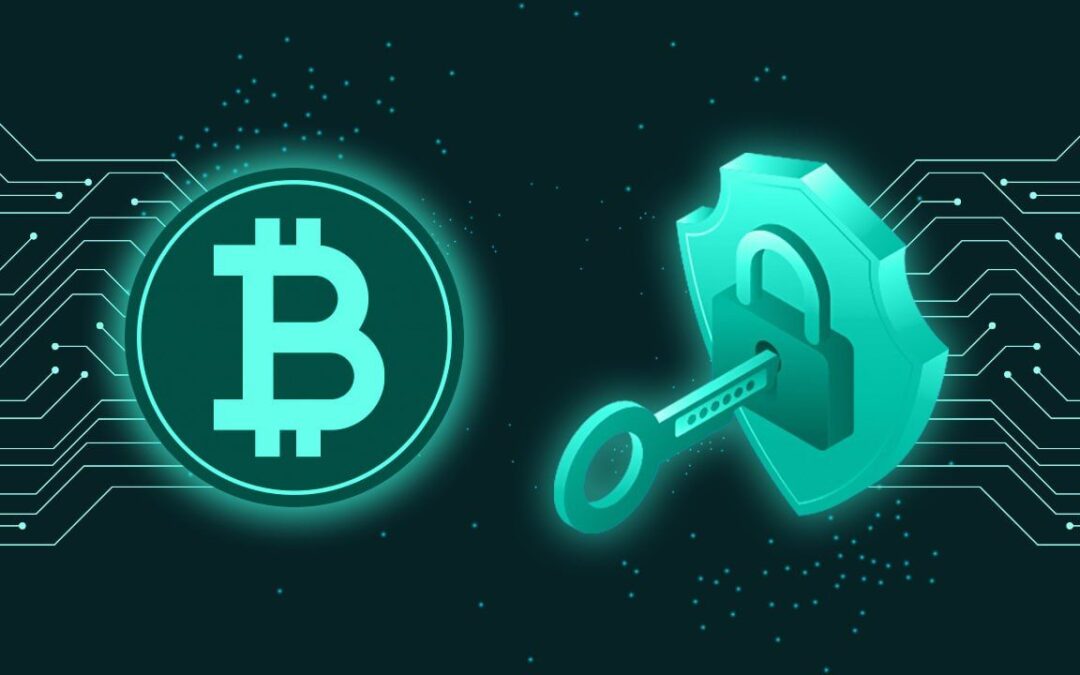Hey there, fellow crypto enthusiasts! Today, let’s dive into the intriguing world of blockchain wallet security and address a burning question on many minds: “Can my blockchain wallet be hacked?” It’s a valid concern, given the increasing popularity of digital assets and the ever-evolving landscape of cybersecurity. So, grab your favorite beverage and join me as we unravel the mysteries of blockchain wallet security.
Understanding Blockchain Basics
Before we jump into the security aspects, let’s briefly revisit the fundamentals of blockchain technology. Blockchain, the backbone of cryptocurrencies like Bitcoin and Ethereum, operates on a decentralized and distributed ledger system. This means that transactions are recorded across a network of computers, making it inherently secure against tampering and fraud.
Wallet Types
Now, let’s talk wallets. There are different types of blockchain wallets, broadly categorized as hardware wallets, software wallets, and paper wallets. Each has its own security features and considerations. Hardware wallets, for instance, are physical devices that store your private keys offline, providing an extra layer of protection compared to their software counterparts.
Common Security Measures
Blockchain wallets come equipped with several security features designed to safeguard your digital assets. These include two-factor authentication (2FA), encryption, and secure recovery phrases. Implementing these measures significantly reduces the risk of unauthorized access.
The Human Element
While technology plays a crucial role in securing your blockchain wallet, let’s not forget the human factor. Practices like using strong, unique passwords, regularly updating your wallet software, and avoiding suspicious links and phishing attempts are just as important. Your wallet’s security is a partnership between technology and your own responsible practices.
Potential Threats
No system is completely foolproof, and blockchain wallets are no exception. However, the likelihood of your wallet being hacked depends on various factors, including the security measures you’ve implemented, the type of wallet you use, and your online behavior. Common threats include phishing attacks, malware, and social engineering.
Tips to Enhance Wallet Security:
Choose a Reputable Wallet
Opt for well-established and reputable wallet providers.
Keep Software Updated
Regularly update your wallet software to patch any potential vulnerabilities.
Backup Your Wallet
Store backup copies of your wallet’s recovery phrases in secure locations.
Beware of Phishing
Be cautious of phishing attempts, and only access your wallet through official channels.
Use Secure Networks
Avoid using public Wi-Fi for wallet transactions, as these networks can be vulnerable.
Conclusion
In conclusion, while the idea of blockchain wallets being hacked is a legitimate concern, it’s essential to approach it with a balanced perspective. By implementing best practices in both technology and personal security habits, you can significantly reduce the risk of your wallet falling victim to malicious actors. So, continue enjoying the exciting world of cryptocurrencies while keeping your digital assets safe and secure!

